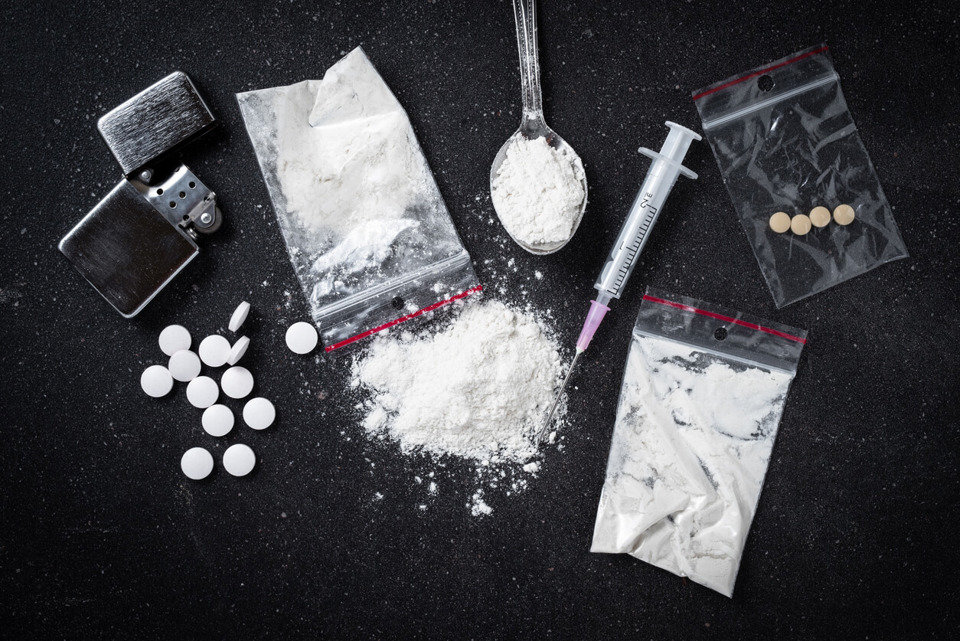New drug driving legislation, which sets limits for eight illegal and eight prescription drugs, comes into force today (March 2) in England and Wales.
Police will be able to take up to three saliva tests at the roadside to identify any drugs used. If any of these are positive, then the motorist would be taken to a police station for a blood test.
Under the old offence of being impaired by drugs while driving, police and prosecutors had to show how a driver’s ability had been affected by what they had taken. Now, they will simply have to show that the individual had taken drugs.
Motorists found guilty will face an automatic driving ban of at least a year, as well as possibly jail of up to six months and a fine of up to £5,000. Their driving licence will also show they have been convicted for drug driving, which will last for 11 years.
Julie Townsend, deputy chief executive, Brake, said: “We believe the Government is doing the right thing by taking a zero tolerance approach; we hope this will make it clear that driving on any amount of drugs won't be tolerated.
“The crucial next step to back up this and other vital life-saving traffic laws is for government to give greater priority to traffic policing, to ensure the recent trend of falling traffic police numbers is reversed."
Brake has produced a guidance report, driver advice sheet and high-impact poster in association with Dtec aimed at tackling drink and drug driving at work.
Brake is giving away free copies of the pack to the first 25 professionals to fill in the form at brakepro.org/zerotolerancepack.
Brake Professional members can download it from the members' area on brakepro.org. The poster is also available to download for free from brake.org.uk/shop.
Townsend said: "Our new resources are valuable tools professionals can use in workplaces and communities to renew efforts to stamp out this deadly menace."
The extent of the UK's drug driving problem was revealed by Brake last year, in their survey finding that the equivalent of one million drivers (3%) admitted to having driven on drugs in the past year.
One in nine (11%) said they thought they had been a passenger with a driver on drugs . It's estimated that drug driving may account for as many as 200 deaths a year in the UK.
As well as tackling drivers on illegal drugs, the law clarifies the position for drivers using medication, with set limits for a number of prescribed drugs that can affect driving.
Drivers taking medication in accordance with the advice of a healthcare professional will not be at risk of arrest.
Brake is reminding drivers that some prescription and over-the-counter medications can make you unsafe on the road, and is urging them to always read the label, or check with their doctor or pharmacist if unsure, and never to drive if their driving may be impaired.
A Brake survey in June last year found one in six drivers (17%) either ignore warnings not to drive or do not check at all.
RAC spokesman Simon Williams said: “The introduction of this new offence sends out a clear message to users of banned substances that driving while under the influence is not acceptable and can now be detected with drugalyser devices.
“However, it has the potential to affect hundreds of thousands of people who use certain drugs for medicinal purposes.
“Motorists should keep copies of their prescriptions on them at all times, and discuss the effect of their medication with a doctor.
“Even if drugs you are routinely taking have never impaired your driving, if you’re over the new limit for a particular drug and are caught, you will fall foul of the offence. So the message is – don’t risk it, check it.”




















Login to comment
Comments
No comments have been made yet.